MercoPress. South Atlantic News Agency
Agriculture
-
Friday, May 21st 2010 - 02:15 UTC
South American bumper soy beans crop to push prices down

The specialized publication Oil World raised its forecast for the world 2009/2010 soy beans crop in 47.6 million tons compared to the previous season, totalling 258.9 million tons. The upward estimate is boosted by the South American crop which will be 37 million tons larger than the 134 million tons of the 2008/09 harvest.
-
Friday, May 21st 2010 - 01:31 UTC
Uruguay’s rice harvest reached 1.15 million tons; good prospects for next crop
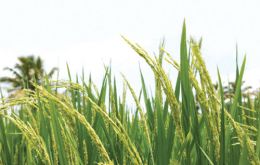
Uruguay’s 2010 harvest of clean, dry rice reached 1.15 million tons with an average yield per hectare of 7.094 kilos. Total area planted was 161.900 hectares according to Uruguay’s Ministry of Agriculture Statistics Office.
-
Thursday, May 20th 2010 - 21:07 UTC
Argentine farmers furious with government’s handling of relations with China

Argentine Small Farmers Association (FAA) leader Eduardo Buzzi charged against the government over China's decision of suspending all Argentine soybean oil imports which is considered by many as retaliation to some restrictions that the Cristina Fernández de Kirchner's administration imposed on Chinese products.
-
Tuesday, May 18th 2010 - 04:29 UTC
Cuba scraps bureaucracy to help farmers boost food production
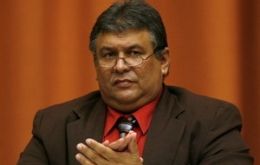
Cuba's private farmers will in future purchase supplies directly instead of having them allocated by the state, the government said on Sunday, in the latest concession to demands for more autonomy.
-
Monday, May 17th 2010 - 05:26 UTC
EU farmers led by France promise to lobby against concessions for Mercosur

European Union Agriculture ministers will be debating Monday on the impact of Mercosur/EU trade negotiations and the overall EU farm sector competitiveness.
-
Thursday, May 13th 2010 - 10:47 UTC
US Corn Futures Rise to Two-Month High on Mounting Demand from China
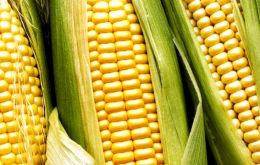
Corn futures rose to a two-month high on mounting demand from China, the world’s second-biggest consumer.
-
Wednesday, May 12th 2010 - 07:03 UTC
Paraguay Forecasts Record Exports of Meat in 2010
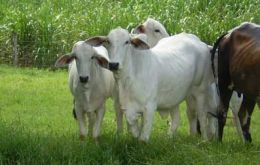
Paraguayan meat sales increased 47% in value during the first four months of 2010 compared to the same period a year ago, totalling 295 million US dollars (USD), according to the country’s Food Quality and Animal Health Service, Senacasa.
-
Tuesday, May 11th 2010 - 21:52 UTC
Brazilian Rice Farmers Lobbying for Higher Mercosur Common External Tariff

Mercosur rice planters will be meeting to decide a Brazilian proposal to increase the common external tariff thus preventing the introduction of rice from third countries, precisely this year when Brazil’s crop is expected to be below average.
-
Tuesday, May 11th 2010 - 16:29 UTC
EU “Grumpy” Seven Led by France Against Trade Talks with Mercosur
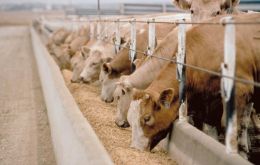
France and six other countries expressed concern before the European Union about the competition consequences for the farm sector in the event of an agreement with Mercosur.
-
Saturday, May 8th 2010 - 06:22 UTC
Brazilian Farmers Prospect for Phosphates to Cap Fertilizer Suppliers’ Dependence

Farmers in Brazil have teamed up to drill an area the size of New York for phosphate-based fertilizers, seeking to cut dependency on producers including Vale S.A. (NYSE:VALE) and Mosaic Co. (NYSE:MOS) after prices surged.